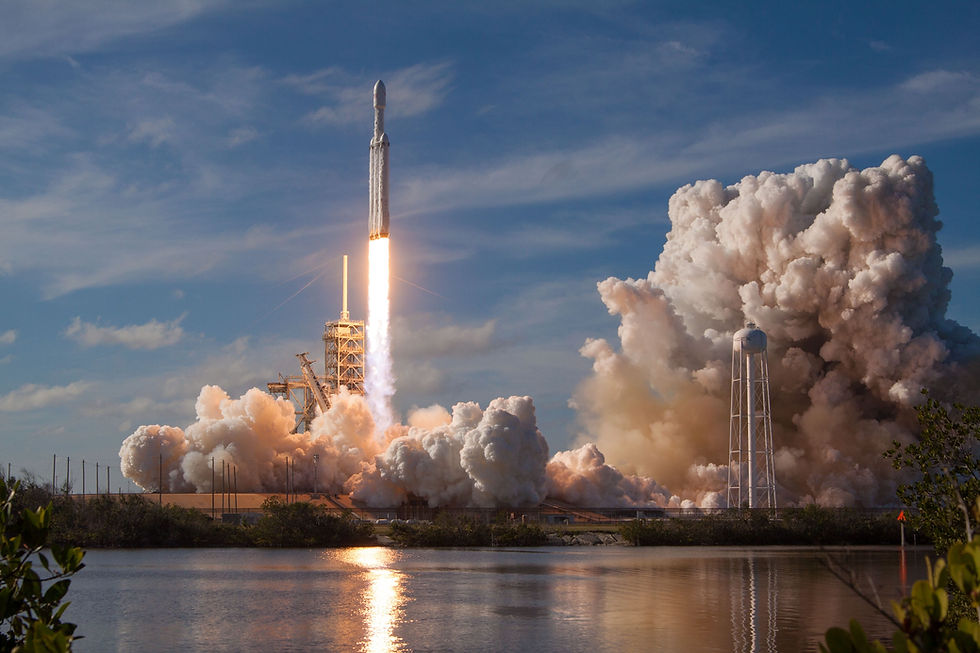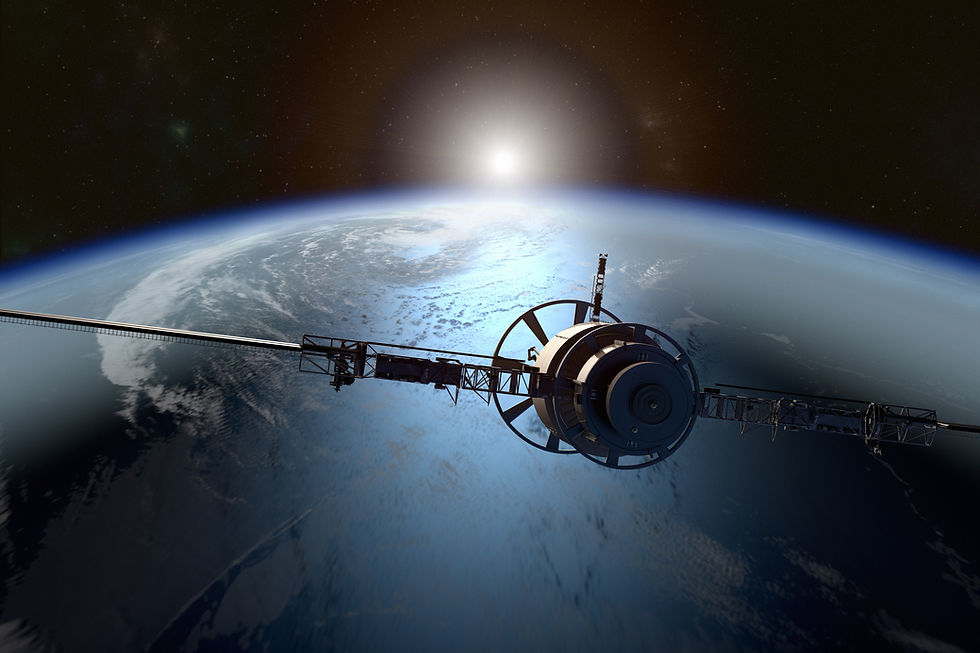What trends will shape space technology in the next 2-3 years?
- Teenspire Global

- Nov 22, 2020
- 2 min read
According to George Whitesides, Chief Executive Officer at Virgin Galactic and co-chair of the Global Future Council on Space Technologies, Space technologies will one day take us to asteroids, Mars, and back to the moon, and the impact of these missions will be felt back on Earth.
Below are a few trends, challenges, and opportunities for space technology in the next 2-3 years.

1. Miniaturization
Miniaturization is increasingly becoming a philosophy in the space fraternity. Packing in a lot more capabilities into a smaller package is not just becoming easier rather it is cost-effective. Constellations of small satellites are definitely where we are headed in the coming years, it allows newer capabilities and also enhances the existing abilities of a spacecraft.
2. Sustainability
As mentioned previously, space debris is a growing problem. Debris is gathered by collisions, particles left by satellites, launch vehicle stages, and some even from older satellites. It is becoming harder by the day to clean up junk accumulated in space. If space debris isn’t addressed on a war footing, we are going to find it even more difficult to explore space and see success in our space missions.
3. Reusability
At the moment launch vehicles aren’t used that efficiently. These are complex vehicles designed with a lot of precision and finesse, they can be used multiple times to reduce costs and increase space access. We need to understand that these launch vehicles aren’t single-use and throw.
4. Global access to space
Close to 70 countries today have a national space agency, and many of them are increasingly realizing space’s true potential. The influx of the private sector and entrepreneurs in the space industry is further fuelling innovation in space exploration and research.
5. Commercializing space
With the first private space mission already complete, this is just the beginning of commercialization for the space sector. We are soon bound to see an increase in space vehicles taking humans to space and also high-speed journeys across the planet. Brace yourselves, we humans might land on Mars sooner or later.
All in all, space technology is set to make the planet a better place to live, with a better understanding of climate to the inclusion of most of the world’s population to global broadband. This is a huge leap for humanity for its own greater good and for the planet we reside on.
.jpg)






Comments